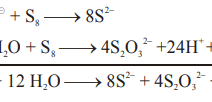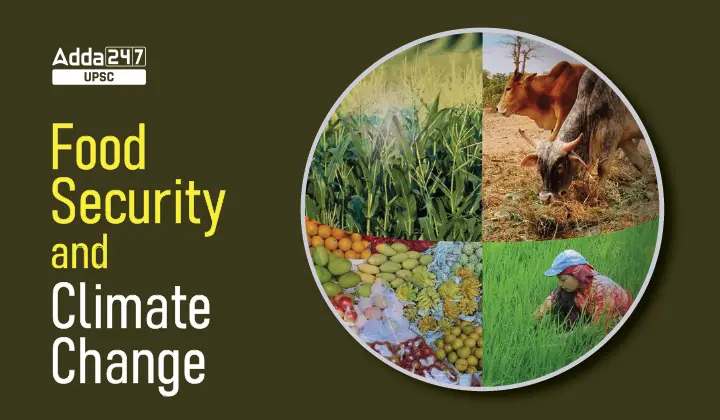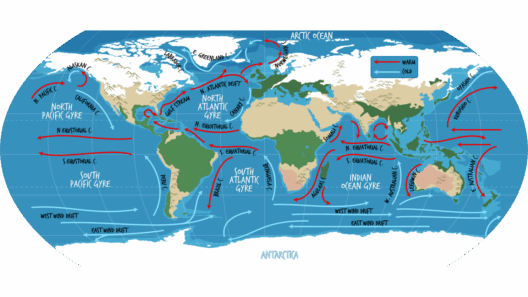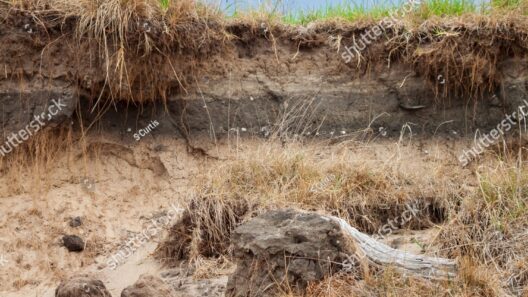As the world grapples with the multifaceted consequences of climate change, a significant challenge looms large: How do we ensure food security in an increasingly unstable environment? The intersection of climate dynamics and agricultural productivity poses profound questions particularly pertinent to our collective future. Indeed, nurturing an ever-growing population while combating climate adversity invites a reconsideration of our food systems, agricultural practices, and societal values.
The relationship between climate change and food security is intricate and deeply interconnected. Climate change manifests in myriad ways, including altered precipitation patterns, rising temperatures, and extreme weather events. These factors collectively strain agricultural systems, particularly in regions already vulnerable to food insecurity. The unfortunate irony is that regions with high food insecurity often bear the brunt of climate consequences. In these locales, smallholder farmers and communities that depend on agriculture for subsistence are the most affected, exacerbating existing disparities. Can we truly afford to overlook the resilience of our food systems in the face of such challenges?
To understand the risks climate change poses to food security, one must acknowledge vital components of agricultural productivity: crop yields, soil health, and water availability. Each of these elements is inherently susceptible to climate variances. For instance, rising temperatures can shorten the growing season for staple crops like wheat and rice, while erratic rainfall can lead to droughts or floods, decimating harvests. Moreover, soil degradation—often driven by industrial farming practices—inhibits the earth’s capacity to sustain flora and fauna. As soil fertility diminishes, so too does the potential for abundant harvests.
Additionally, the impacts of climate change extend beyond the immediate effects on agricultural output. The socio-economic ramifications are far-reaching, igniting conflicts over increasingly scarce resources. With dwindling agricultural yields, competition for arable land and fresh water intensifies, potentially leading to social unrest and displacement. When hunger becomes a pervasive issue, can societies maintain stability? Will governments prioritize food security in the midst of these escalating tensions?
As troubling as these scenarios may seem, they also highlight the urgency for innovative, sustainable agricultural practices. This necessity begs the question: What actionable measures can we undertake to cultivate resilience? One promising solution lies in the adaptation of climate-smart agriculture. This approach integrates environmental sustainability with agricultural productivity, emphasizing practices such as agroforestry, intercropping, and organic farming. Such methods not only enhance soil health but also contribute to biodiversity, mitigating some of the adverse effects of climate change.
Moreover, the role of technology in food security cannot be overstated. Advances in agritech, such as precision farming and genetically modified organisms (GMOs), hold the potential to boost yield while using fewer resources. However, it is crucial to balance these technological innovations with ethical considerations and environmental impacts. Do we know whether the benefits of these innovations outweigh the ecological costs? Scrutiny is required to ensure that technological advancements do not exacerbate existing inequalities or create unintended consequences in ecosystems.
Furthermore, a paradigm shift toward more localized food systems could foster resilience against climate volatility. By prioritizing local food production and shorter supply chains, communities can reduce their dependency on global markets—which often fluctuate due to climate impacts. Encouraging urban agriculture and community-supported agriculture (CSA) can enhance food sovereignty, allowing communities to take direct control of their food systems.
Addressing food security amid climate change also involves examining dietary patterns. The global shift toward plant-based diets has emerged as one potential solution, as livestock farming significantly contributes to greenhouse gas emissions. While transitioning towards more sustainable eating habits may be daunting, particularly in cultures where animal farming is ingrained, the potential benefits for both climate and health are compelling. Can societies reconcile traditional dietary preferences with the urgent need for climate action?
Education plays a pivotal role in fostering this transition. Equipping future generations with knowledge regarding sustainable agriculture, nutrition, and environmental stewardship will pave the way for innovation and resilience. Schools and universities should integrate environmental science into their curricula, promoting ecological literacy as a cornerstone of future food systems. In doing so, societies can cultivate informed citizens capable of addressing the impending food security challenges wrought by climate change.
The fight for food security in a changing climate is undoubtedly fraught with challenges. However, the potential for a collaborative approach to solving these issues is equally significant. Governments, NGOs, and private sectors must unify efforts to address the complexities surrounding food production and climate resilience. Multilateral approaches can target everything from policy reform to grassroots initiatives, translating concern into action. The question arises: Are we willing to work together to forge a sustainable future, or will we allow climate change to dictate our fate?
Ultimately, the pursuit of food security in the face of climate change necessitates an unprecedented commitment to systemic transformations. As we confront the cyclical nature of these challenges, enhanced collaboration, innovative practices, and a focus on sustainability will define our path forward. In answering these profound questions, we can take informed steps toward building resilient food systems capable of nourishing future generations. Will we rise to the occasion and redefine our relationship with the planet, or allow climate change to starve our future?







